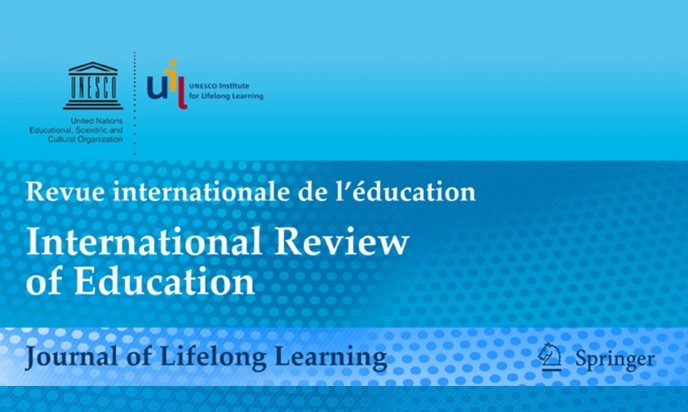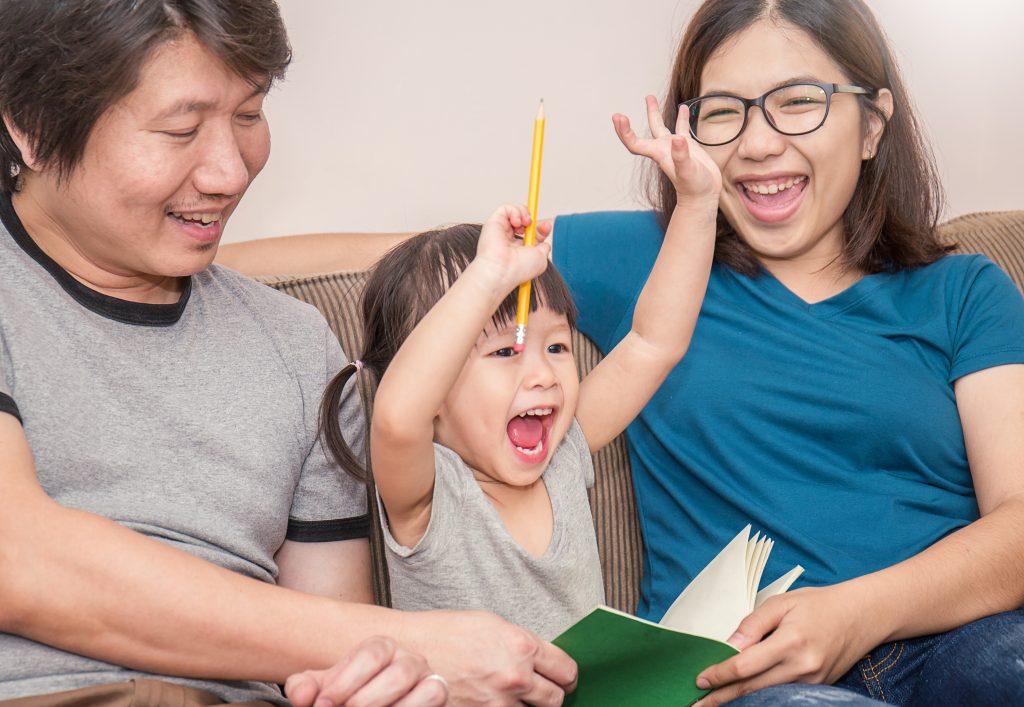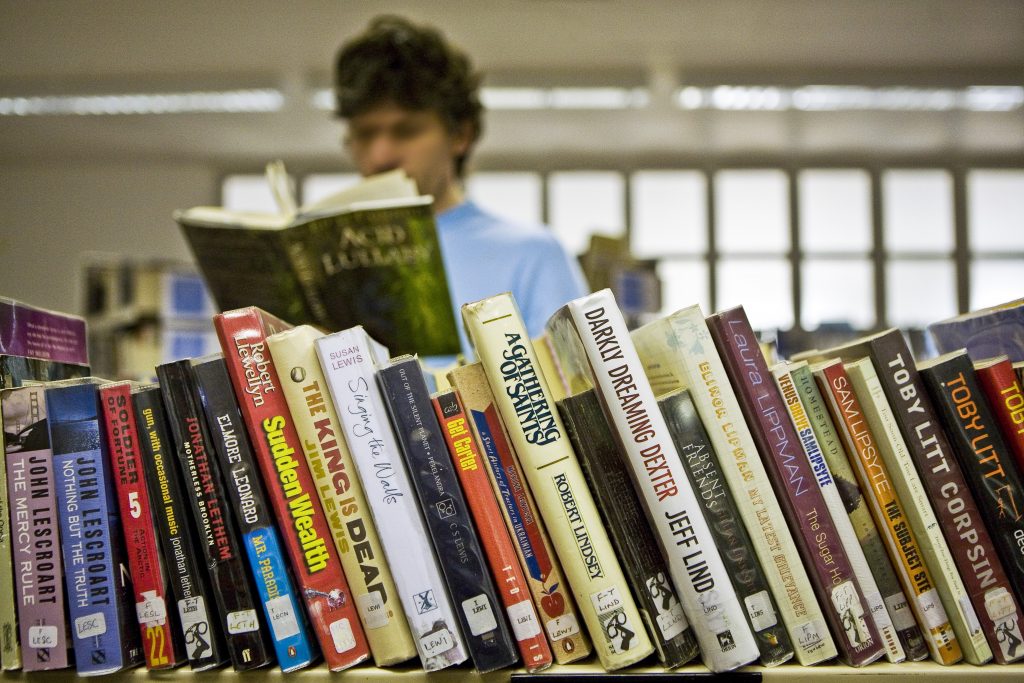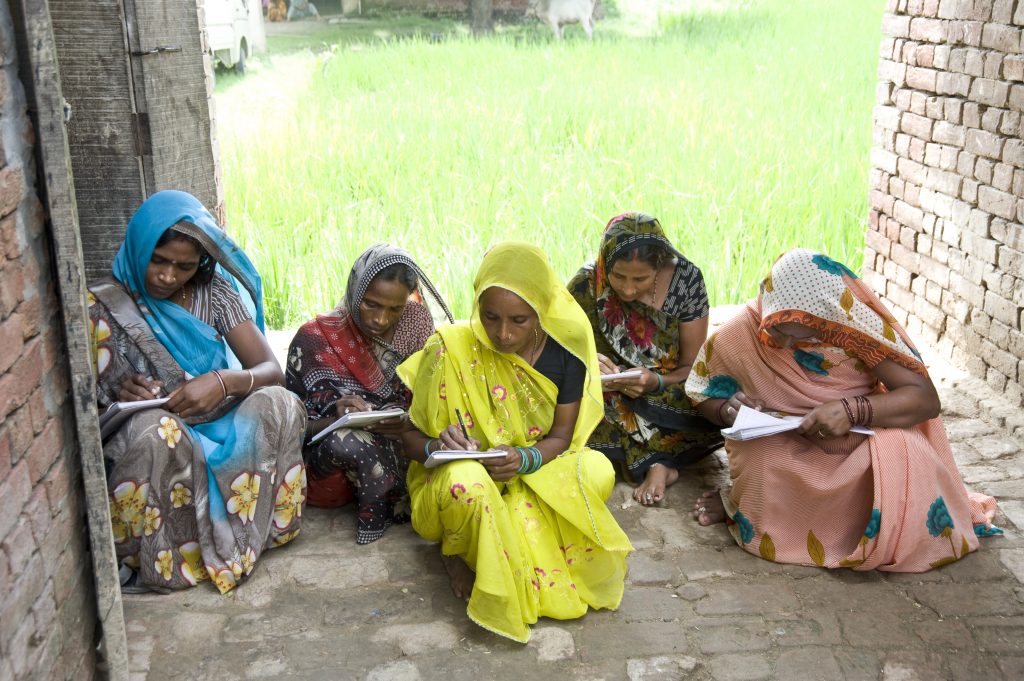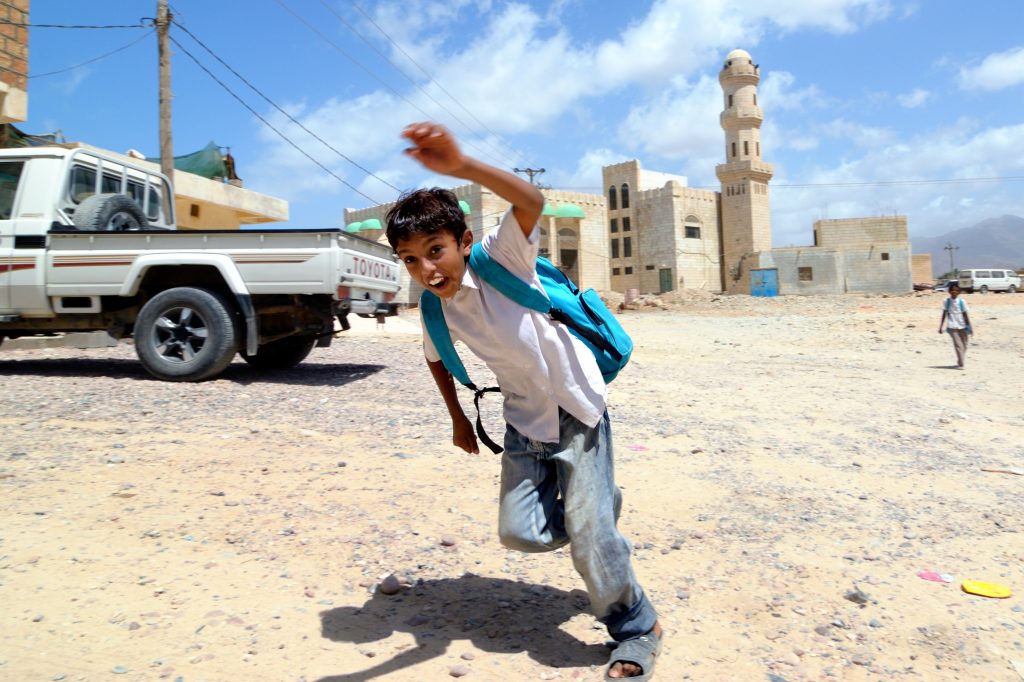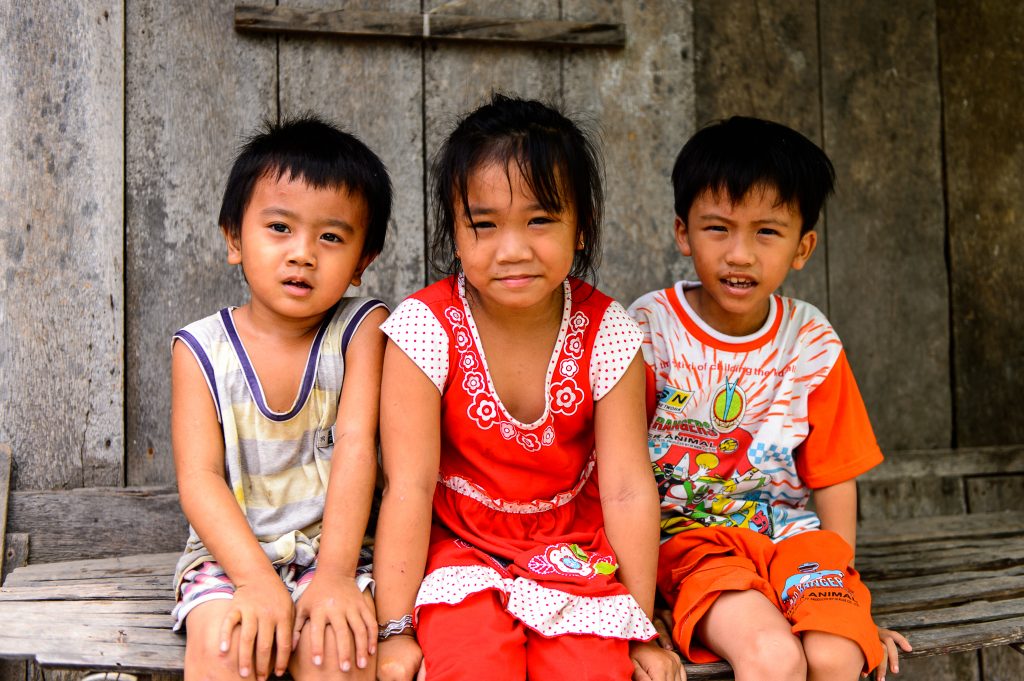The largest remote learning experiment in history has taught us many lessons, among them the need to embrace change and apply our new understanding of the benefits of blended learning to foster a more equitable future, writes Niamh O’Reilly
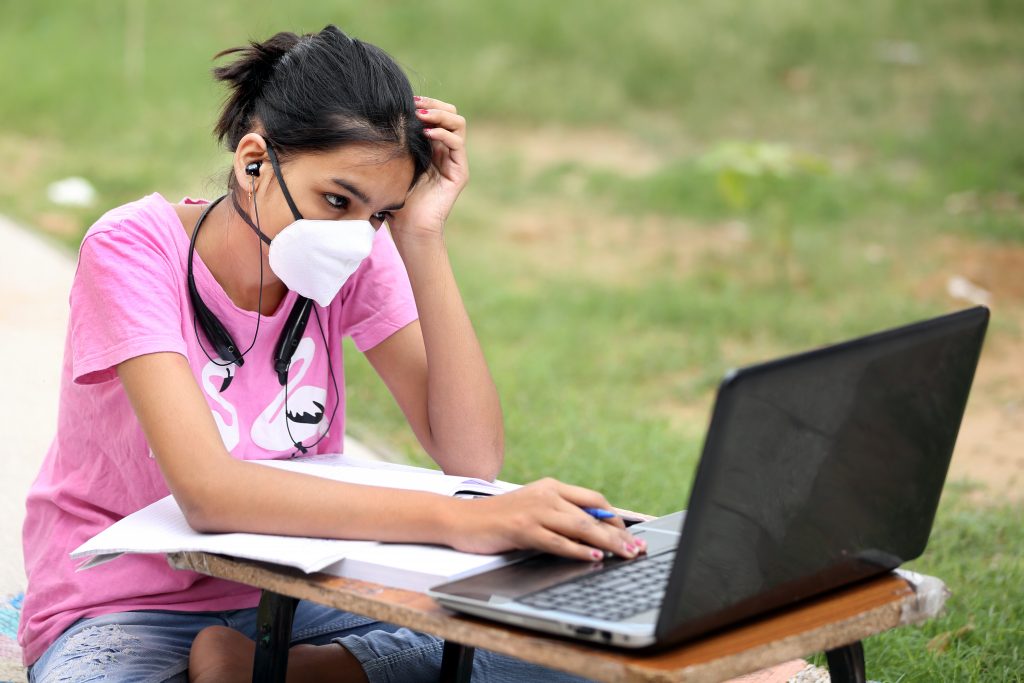
Urgent calls to return to on-site learning neglect the potential of blended learning to increase and widen access. While education systems are notoriously resistant to change, the COVID-19 pandemic, almost overnight, forced a seismic shift to remote learning across further and higher education. This change brought issues of educational inequality into sharp focus; those with resources and skills had an advantage in taking the step into uncharted digital learning territory. Marginalized learners, meanwhile, faced not only existing obstacles stemming from structural inequalities but also new challenges arising from online learning.
Yet, emerging data from Ireland’s National Further Education and Training (FET) Learner Forum suggest that thanks to Irish state investment in addressing digital poverty, support needs and improved pedagogy, many marginalized learners now want a future in which blended learning, a mix of both online and in-person learning, is prevalent. Given the scale of the impact of COVID-19 on existing educational disadvantage, it is prudent to pause and take stock, lest we waste the insights gained from this global online learning experiment. At this pivotal point, we must grasp the opportunity to create a more equitable education system by building on lessons from those who experienced this monumental change, the learners. Carving out a new, diverse, more inclusive landscape is possible if the education system is open to learning. Continue reading

